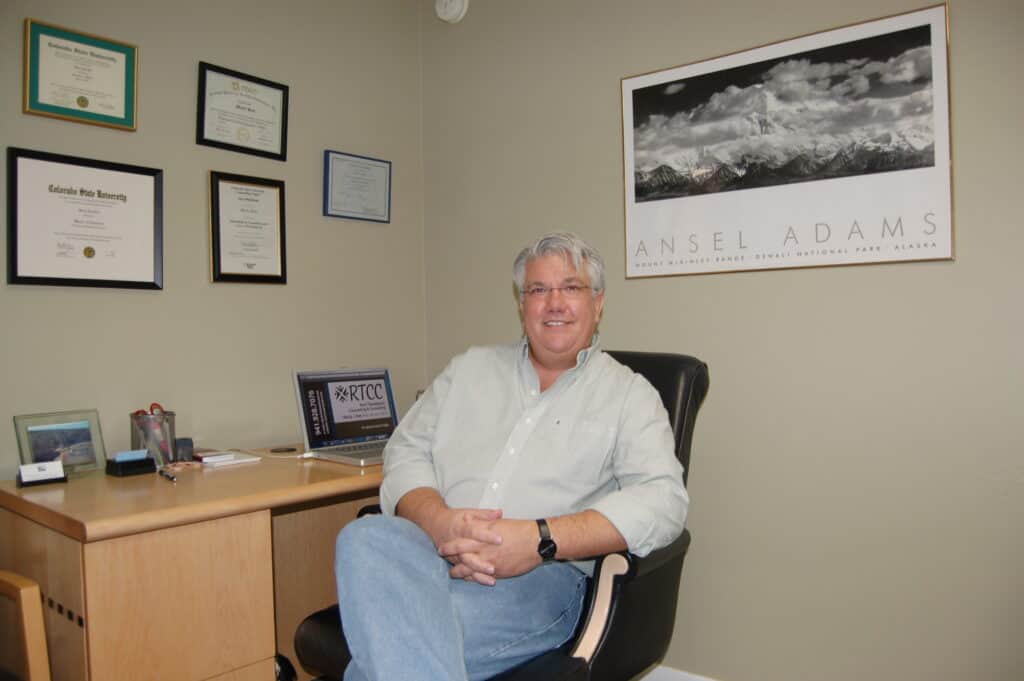Happy Holidays! What does this statement mean to you? For many, it means joyous gatherings with family and friends to celebrate the end of a year and beginning anew. For others, who are struggling with substance/alcohol abuse and other challenges in their lives, participating in holiday gatherings can be very stressful. This stress is due in part to the social expectations, such as attendance at parties and gatherings that often come with the holiday season.
The complexities of social interactions during the holidays are too numerous to go into in this article, but I’ll throw a few ideas out. Previously, I wrote that we are social beings. We naturally seek out connection and acceptance with other people. It makes us feel safe, which feeds a basic survival instinct that drives our behaviors. One explanation of this phenomenon is described in Social Learning Theory, developed by Albert Bandura, the prominent psychologist at Stanford University.
Social Learning Theory suggests that people regulate their behaviors based on social cues. There are four elements to the Social Learning process: attention, retention, reproduction and motivation. First, a situation attracts a person’s attention through repetition or novelty. Second, the person retains that information and can remember the behavior that was observed. Third, the person is able to reproduce the behavior. And finally, the person has adequate motivation to imitate the behavior.
Social Learning is apparent in every part of society. Think about how people interact, dress, and celebrate, for example. Consider how New Year’s Eve is typically celebrated. Early in their life, one might see their parents attend a party for New Year’s Eve. This information is retained as accepted behavior. Eventually, one becomes able reproduce the behavior. Then, through social cues that tell us that this behavior is expected in order to be accepted, that person has motivation to act the behavior out.
What would it be like to go against the social expectations that are impressed upon us, if we did something different? Well, it would probably not be a very comfortable feeling because going against those expectations means taking the risk of not being accepted.
The holidays are a time when social expectations take precedence. The nature of relationships and situations, both good and bad, are magnified. Because we tend to compare ourselves to others to gauge our success, the pressure to “look good” is immense. While this article doesn’t address other conditions that make the holidays difficult, like family problems, depression, anxiety, and financial stress, here are a few tips to help those struggling with substance problems navigate the holiday get-togethers:
- When going to a party where alcohol will be served, bring your own “special” non-alcoholic drink, like a six-pack of fancy root beer or fruit juice and soda.
- If you are hosting a party, be sure to have a non-alcoholic drink choice (besides water) available.
- Take a trusted friend with you to the party who will support your choices.
- If you know someone who is alone or away from their family, invite them to your gathering.
- Have a back-up plan to graciously exit the gathering in case you feel uncomfortable.
- Use the HALT method; don’t get too hungry, angry, lonely, or tired. Bad choices can follow these conditions.
- Relax and know that most people won’t notice if you are having a non-alcoholic drink.
- Go to the party late and leave early.
- Be aware of your feelings and trust them.
There are many more strategies to be safe and still participate in holiday activities. Be creative. Don’t miss out on a happy holiday season with your family and friends. Enjoy yourself and your loved ones during the holiday season and know that, if you do have a struggle, it’s okay to ask for help. We are here to help with substance abuse counseling.
